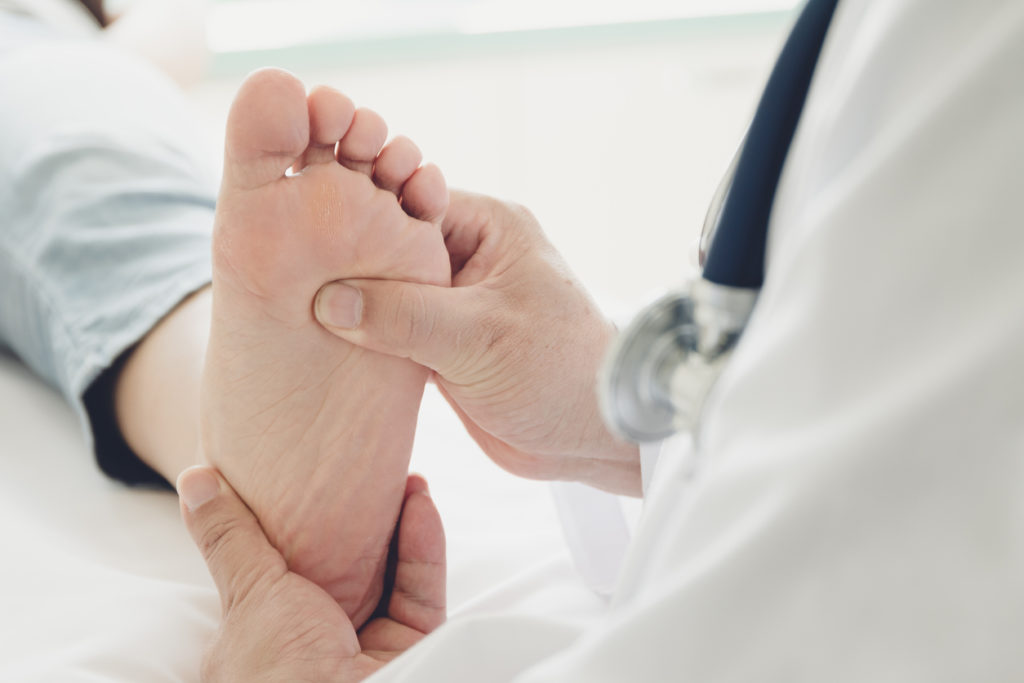Reader question:
Hi Desiree,
This question is probably going to sound stupid to you, but it’s a question that none of my friends or family can answer me, but it would be interesting to know for peace of mind.
When a male ejaculates during intercourse or masturbation, are the both testicles used in this process, or only one, be it left or right?
Thanks
Steve.
Sexpert response:
Sexpert, Desiree Spierings BA (Psych) MHSc (Sexual Health); Sex Therapist; Relationship Counsellor; Director of Sexual Health Australia and Editorial Advisory Board Member of Virtual Medical Centre and Parenthub responds:

The testicles are where sperm are produced in a process scientists call spermatogenesis. However, they leave the testicles through a series of tiny tubes called the rete testis before ejaculation occurs. The rete testis connect to a structure called the epididymis. When sperm leaves the testicles it is immature and immotile, meaning it cannot yet ‘swim’ to reach an egg. Sperm remain in the epididymis for 18-24 hours before they develop the ability to swim. It takes about two weeks before they become fully mature and are capable of fertilising an egg, should the chance arise.
When a man is sexually stimulated, the walls of the epididymis contract and this forces the sperm out, through a series of tubes which connect to the urethra. The urethra is the same duct which carries urine to the outside world.
Book your health appointments online
Find and instantly book your next health appointment with Healthengine
All content and media on the HealthEngine Blog is created and published online for informational purposes only. It is not intended to be a substitute for professional medical advice and should not be relied on as health or personal advice. Always seek the guidance of your doctor or other qualified health professional with any questions you may have regarding your health or a medical condition. Never disregard the advice of a medical professional, or delay in seeking it because of something you have read on this Website. If you think you may have a medical emergency, call your doctor, go to the nearest hospital emergency department, or call the emergency services immediately.







